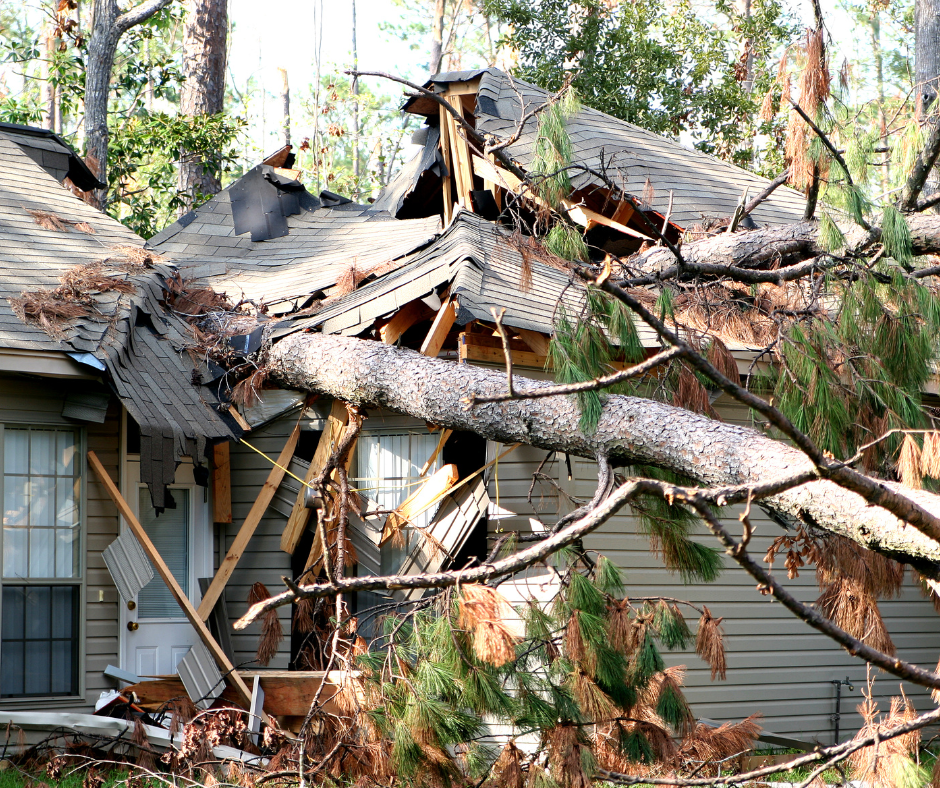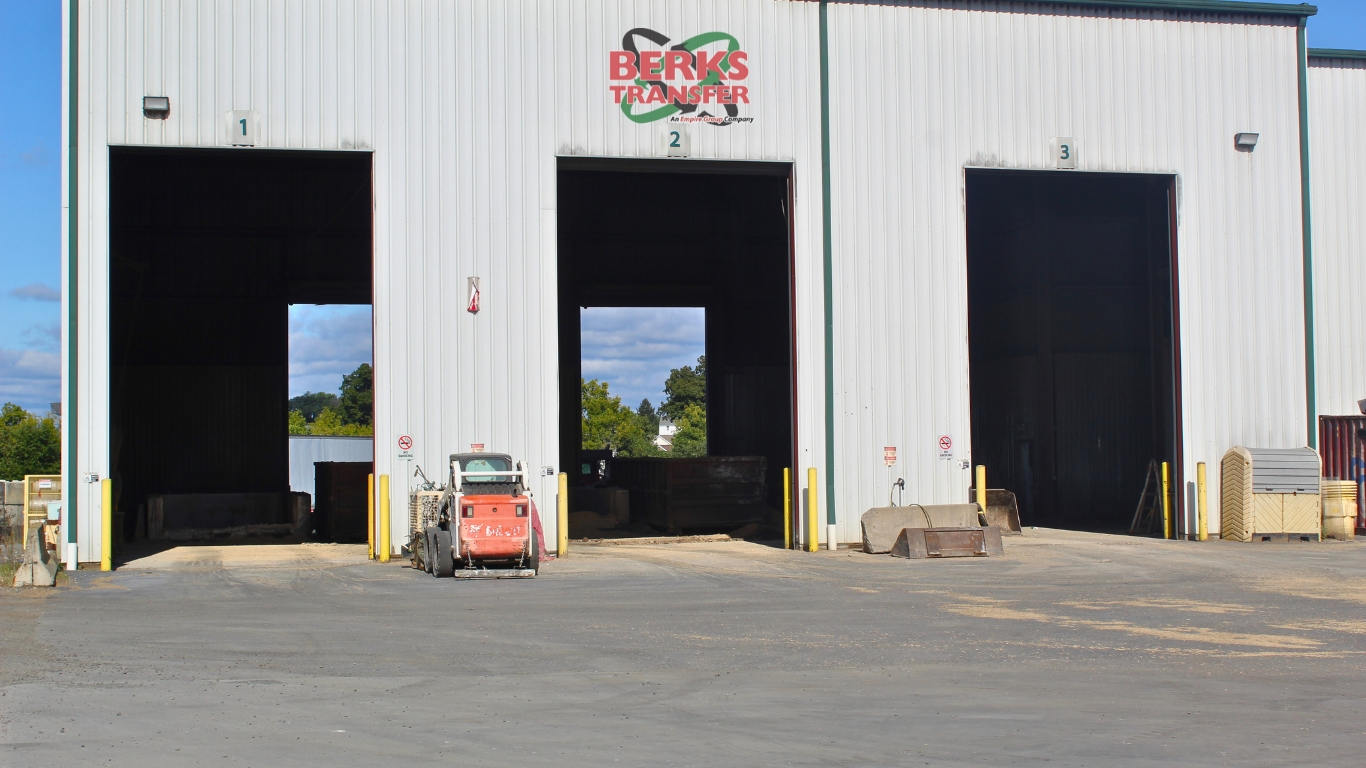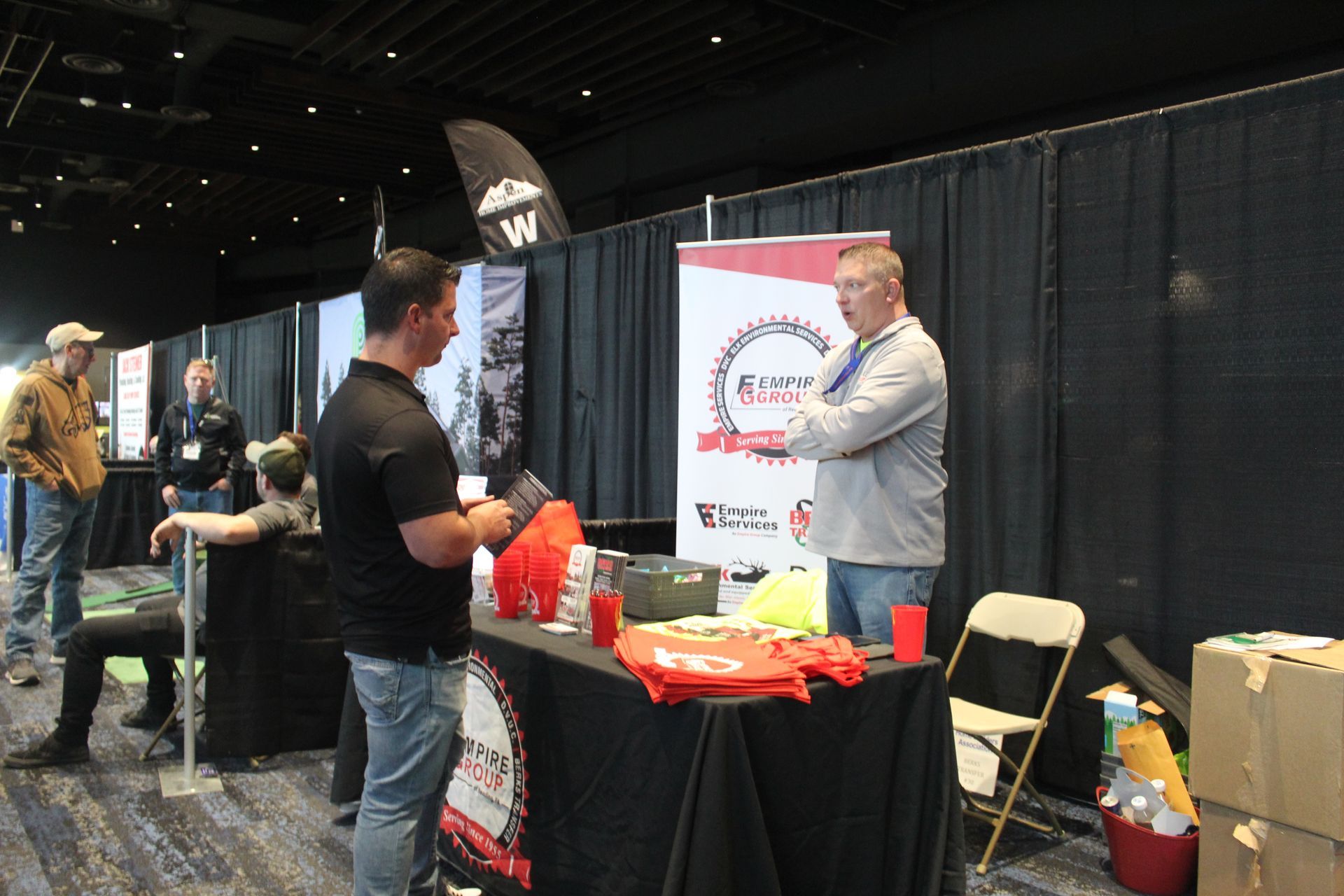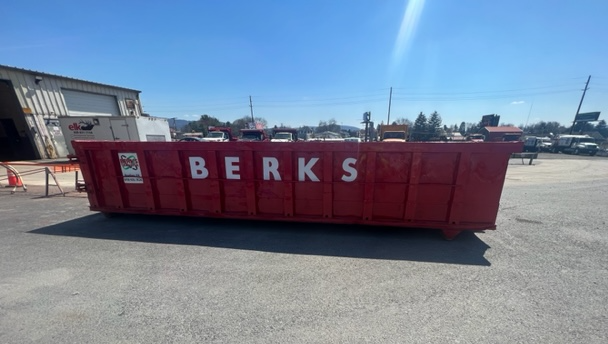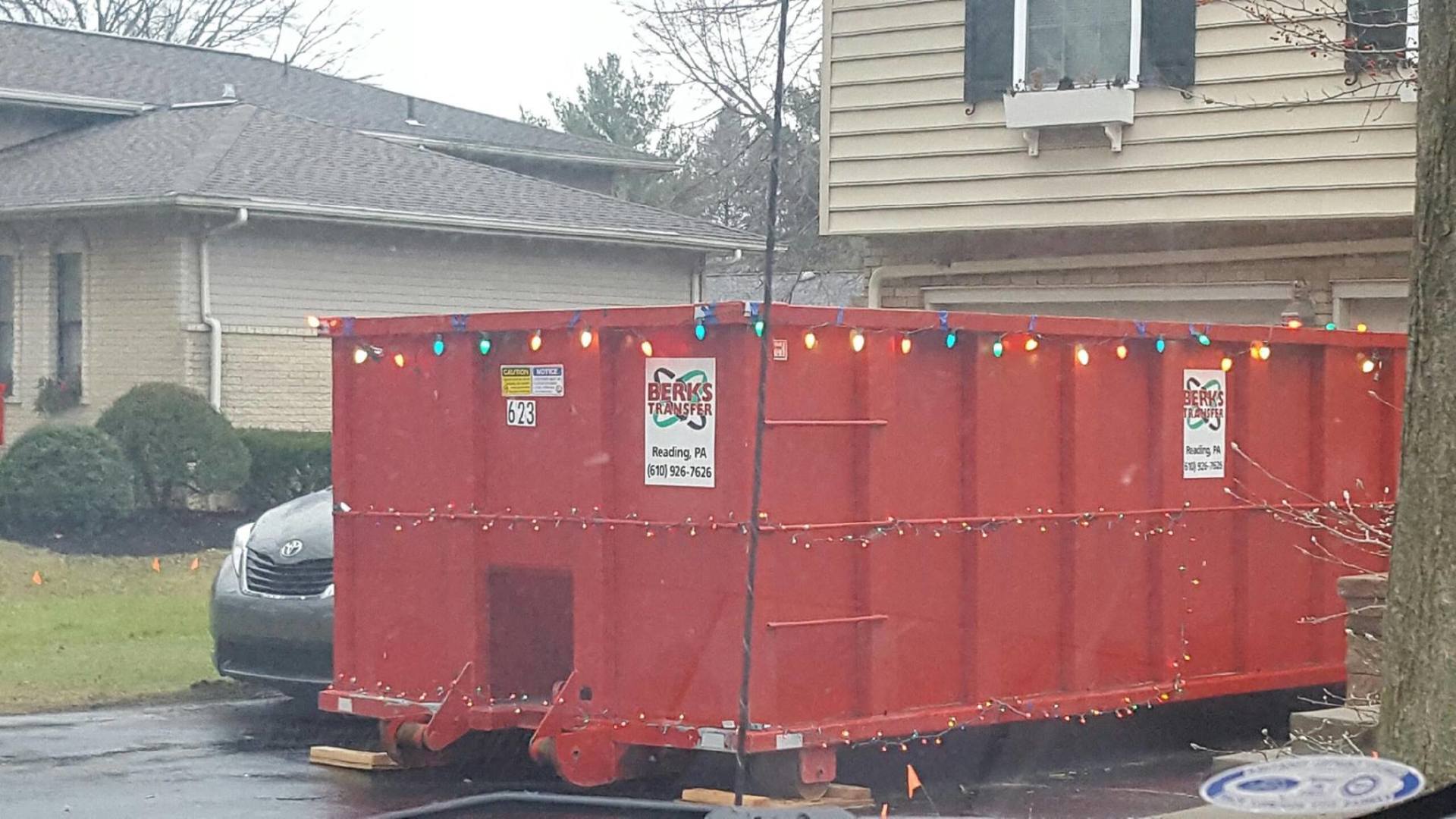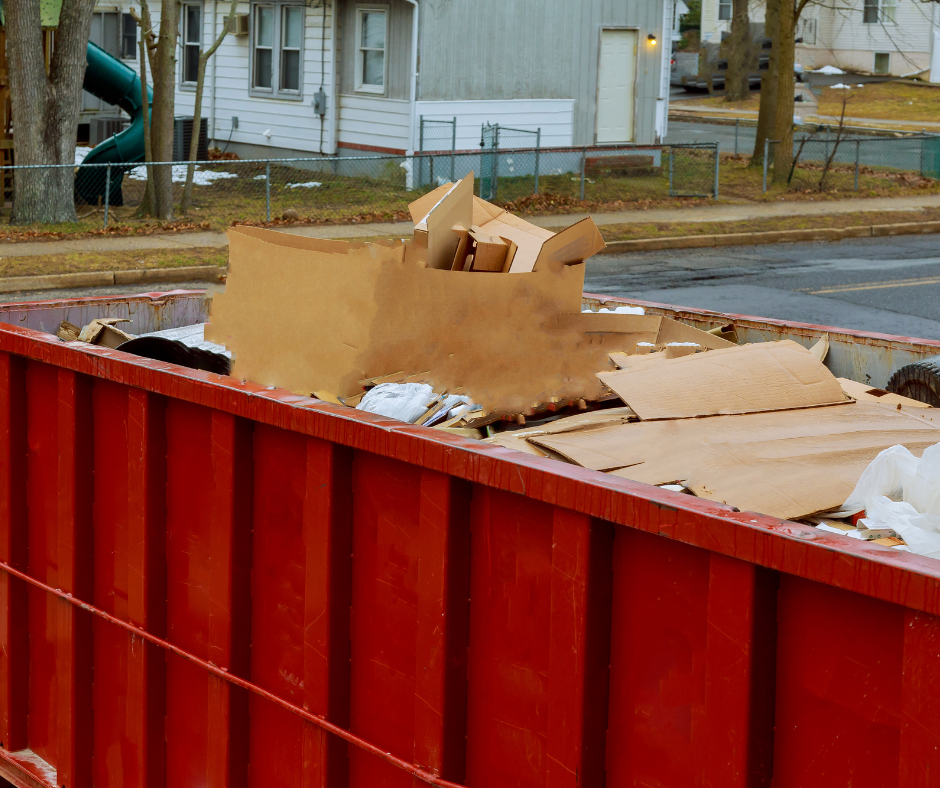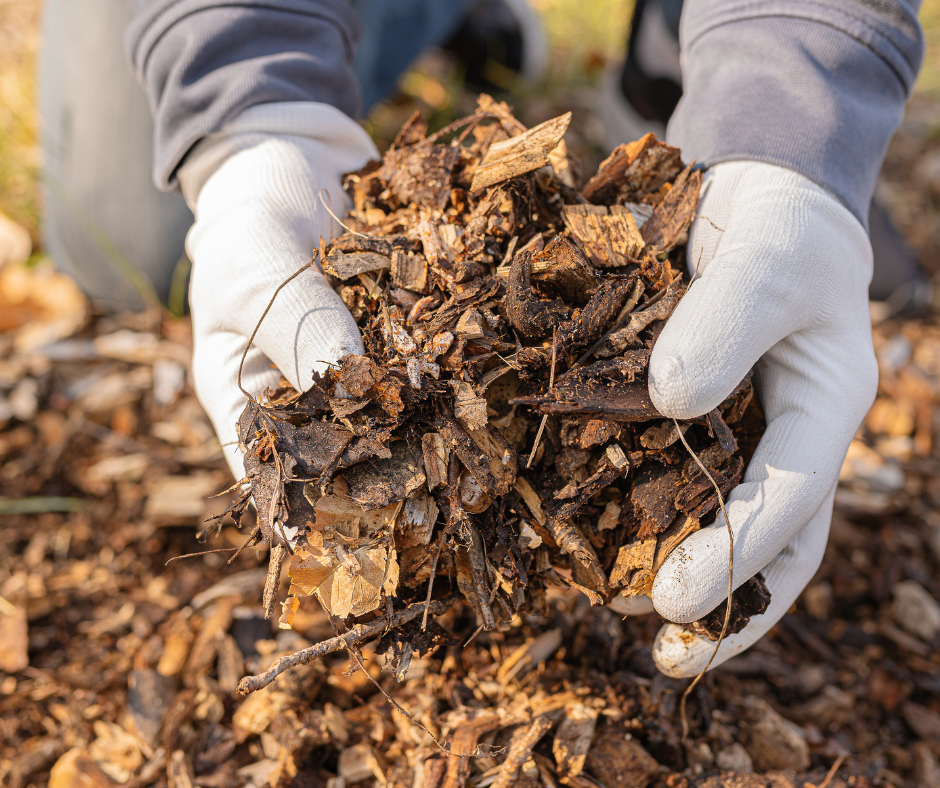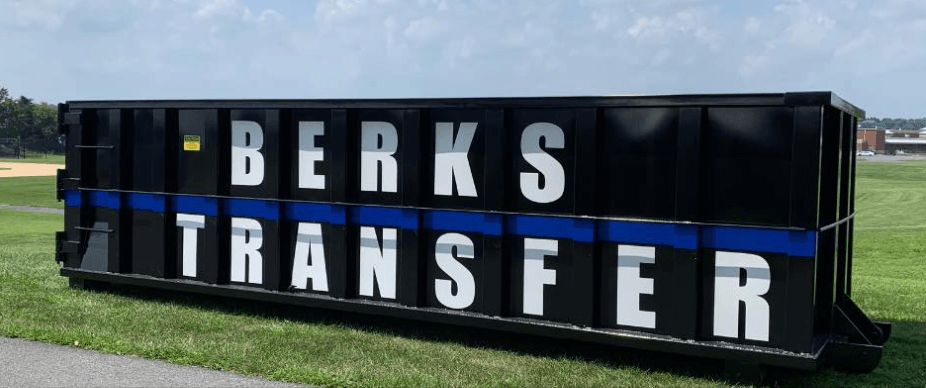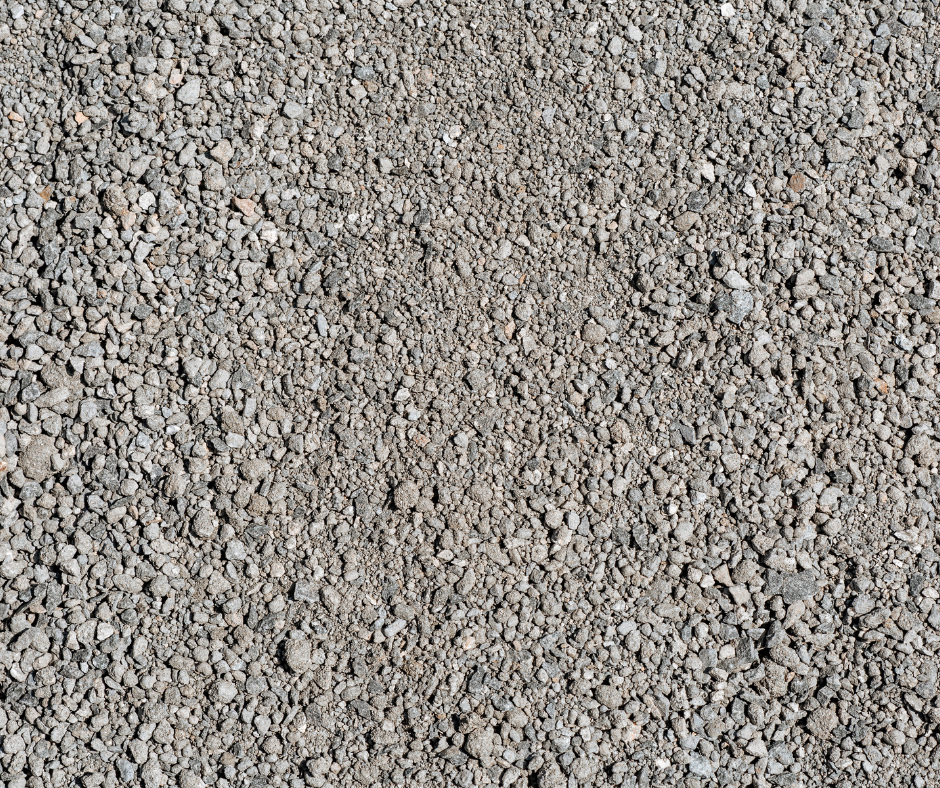Dumpsters are an essential component of waste management, serving as temporary storage for our discarded items and materials. However, these seemingly indestructible containers are not impervious to the elements. From heat surges to tornadoes, the northeast has experienced a strong increase in severe weather over the past 20 years. Thus, weather plays a significant role in the condition and functionality of dumpsters. Let’s take a brief look at the ways in which weather affects dumpsters.
Rust and Corrosion
One of the most common ways weather affects dumpsters is through rust and corrosion. Dumpsters are typically made of steel, which is susceptible to oxidation when exposed to moisture and oxygen. Rain, snow, and humidity can accelerate this process, leading to rust formation. Over time, rust can weaken the structural integrity of the dumpster, making it more prone to leaks and potential collapse.
To mitigate the effects of rust and corrosion, regular inspections and maintenance are essential. Applying rust-resistant coatings and promptly repairing any damaged areas can help extend the lifespan of the dumpster.
Heat and Moisture
Dumpsters often contain organic waste, which can emit unpleasant odors when exposed to heat and moisture. High temperatures and humidity levels, common during the summer months, can accelerate the decomposition of organic matter within the dumpster, intensifying odors. Additionally, these conditions can promote the growth of mold and bacteria, posing health risks to those handling the waste.
Properly sealing and covering the dumpster can help minimize odor issues. Regular cleaning and disinfection can also prevent mold and bacteria from proliferating.
A hot dumpster can also be dangerous. Heat waves can make the metal of a dumpster reach scalding-hot temperatures. Placing a hand or brushing up against a dumpster that has been sitting out in the summer sun can cause a burn. It’s important to warn those using the dumpster about this issue.
Snow and Ice
In regions where winter brings freezing temperatures, snow and ice can pose significant challenges for dumpsters. Accumulated snow and ice can make it difficult to access the dumpster, hindering waste disposal efforts. Moreover, the weight of snow and ice can strain the dumpster's structure, potentially causing damage.
To combat snow and ice-related issues, property owners and dumpster rental companies should have a plan in place for clearing access to dumpsters during winter weather. This may involve snow removal, salting, or installing protective covers to prevent ice buildup.
Extreme Weather Conditions
Heavy rain and severe storms can disrupt usage and delivery and collection schedules. Rainwater can fill the dumpster, making it heavier and more difficult to empty. In some cases, strong winds can knock over or move dumpsters, creating safety hazards and littering the surrounding area with waste. At Berks Transfer, we monitor weather forecasts and adjust delivery and collection schedules accordingly to ensure the safety of our employees and customers.
Weather is a constant force that affects dumpsters in various ways, from rust and corrosion to odor problems and operational disruptions. Property owners must recognize these challenges and take proactive measures to maintain and protect rented dumpsters. By understanding and addressing the impact of weather on dumpsters, we can help our customers keep their dumpsters fully operational and in good condition. Contact us today to learn more about renting one of our dumpsters!

